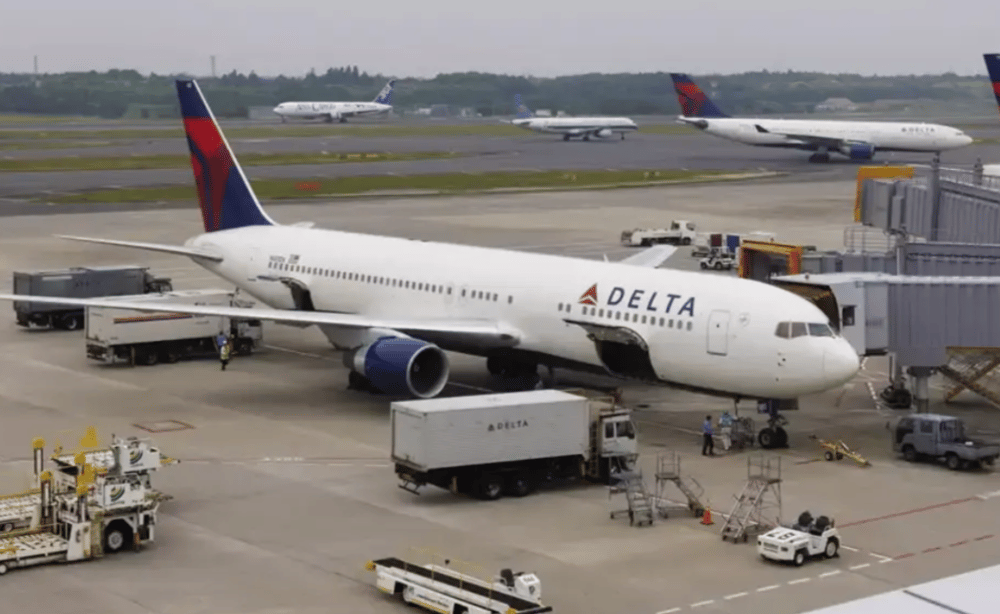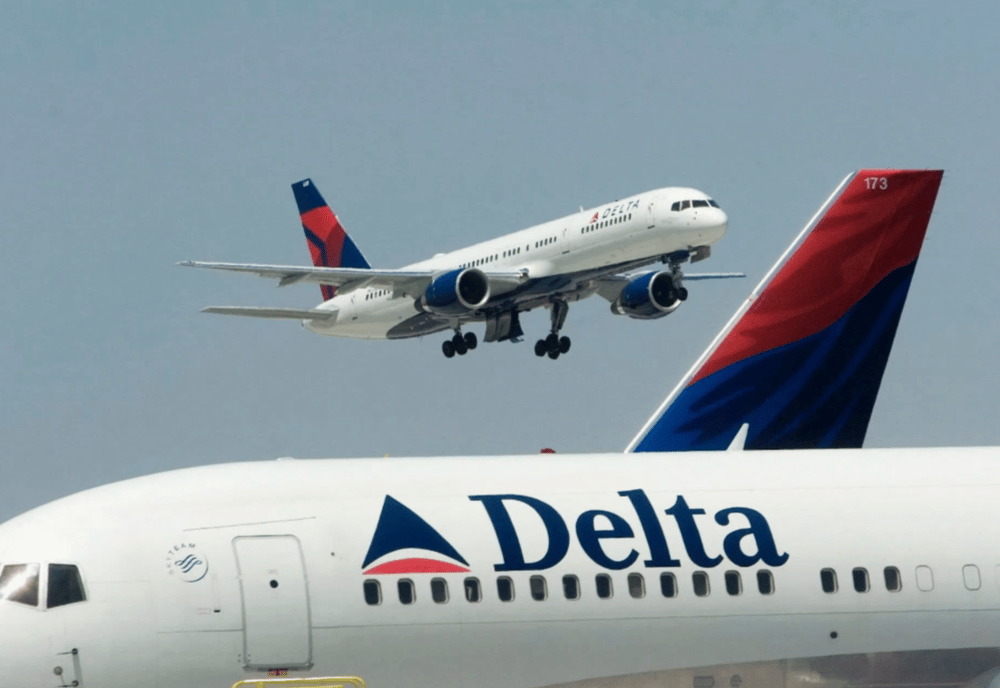Delta Air Lines Faces Legal Action Over Refunds After CrowdStrike-Linked Flight Disruptions
Delta Air Lines $DAL has been ordered by a U.S. federal judge to respond to a proposed class action lawsuit brought by passengers who allege the airline failed to refund ticket costs following massive flight delays and cancellations in July 2024. The disruptions were triggered by a widespread software outage linked to cybersecurity firm CrowdStrike $CRWD, which also affected several Microsoft $MSFT clients across the globe.
The case, presided over by U.S. District Judge Mark Cohen in Atlanta, marks a significant development in consumer litigation against major airlines over operational failures tied to third-party technology providers. While some claims have been dismissed, key parts of the lawsuit—including allegations of breach of contract and violations under the Montreal Convention—will proceed, potentially setting a precedent for how airlines handle accountability in the digital age.

Legal Fallout from a Digital Meltdown
The July 19 outage was caused by a faulty software update from CrowdStrike, which crippled over 8 million systems globally. Airlines, financial institutions, and government services experienced severe operational breakdowns. Delta was among the hardest-hit U.S. carriers, with hundreds of flights delayed or canceled, leaving thousands of passengers stranded without clear refund options.
The lawsuit centers on Delta’s alleged refusal to issue full refunds for affected flights, a move plaintiffs argue contradicts the airline’s contractual and legal obligations. Judge Cohen’s ruling allows five plaintiffs to move forward with breach of contract claims and five others to pursue legal action under the Montreal Convention, which governs international air travel liabilities.
Core Issues at the Heart of the Dispute
Breach of Contract: Several plaintiffs claim Delta failed to honor its refund policy after canceled or severely delayed flights.
International Law Violations: Some passengers are invoking protections under the Montreal Convention, which ensures compensation for certain travel disruptions.
Third-Party Responsibility: Though the issue originated with CrowdStrike’s software malfunction, the case raises questions about airline liability when disruptions stem from external IT failures.
Consumer Protection Gaps: The lawsuit underscores a broader regulatory vacuum concerning digital infrastructure’s impact on essential services like air travel.

Key Elements of the Court’s Decision
Partial Claims Allowed: Five out of nine plaintiffs can proceed with breach of contract allegations, potentially unlocking compensation for domestic travel disruptions.
International Claims Permitted: Another group of plaintiffs can pursue claims related to international flight issues under the Montreal Convention framework.
Federal Preemption Applied: The judge dismissed several claims, citing federal aviation regulations that supersede state-level consumer protection laws.
No Ruling on Damages Yet: The decision permits the case to move forward but does not address the potential value of compensatory claims.
Potential Class Certification Ahead: The court has not yet determined whether the case will be certified as a class action, a move that could significantly broaden its scope.
Navigating Liability in the Era of Digital Dependencies
The Delta lawsuit arrives at a critical juncture for industries increasingly reliant on third-party digital systems. With cloud-based operations, cybersecurity tools, and remote support services becoming essential infrastructure, disruptions from outside vendors can now ground entire fleets and disrupt global travel networks.
For airlines, the legal ramifications of such dependencies are becoming clearer. Even when fault lies with external software providers, courts may still hold carriers accountable to passengers, especially when contractual commitments are not met. This case could influence future risk management strategies, prompting carriers to reevaluate their reliance on third-party tech solutions and how they communicate contingencies to customers.
In parallel, regulatory bodies may take a closer look at how systemic software vulnerabilities—especially those affecting critical sectors—should be governed to protect consumer rights and operational integrity.















Comments